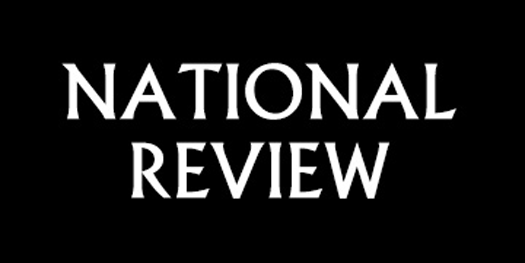Latest Posts
The Transcendent Dean Koontz
September 15, 2018

To take a wider view, Koontz is presenting in the series a large-scale defense of the ability to choose meaning and virtue. One of his recurring characters is an anxiety-prone latter-day Puritan, while another is an intellectually and physically domineering hulkstraight out of a Max Weber tract. Koontz fairly and logically shows the necessary consequences of these characters’ thoughts and actions by creating storylines of such accessibility that the general reader can see how their ideologies contradict any coherent notion of the good life. The modern Puritan, for instance, moves nervously from scene to scene, constantly seeking perfection and never finding it, unjustly critiquing others while placating his own ego. The ideologies Koontz critiques inevitably lead to disaster — not just for the characters, but for the societies built on such chimeras.
Hawk, on the other hand, embraces the natural religion to which Koontz’s wide fan base responds with awe. She finds solace in the wonder of creation while calling out evil for its supernatural maliciousness, ever uniting reason with hope against secular hedonism. Koontz does “diversity” the right way, too: He features an autistic character in this series who is a compelling hero because he faces down his particular suffering by accepting grace. And as Flannery O’Connor and Léon Bloy before her have shockingly reminded us, the reception of grace usually hurts — badly.
Read the full article online @ NationalReview.com
